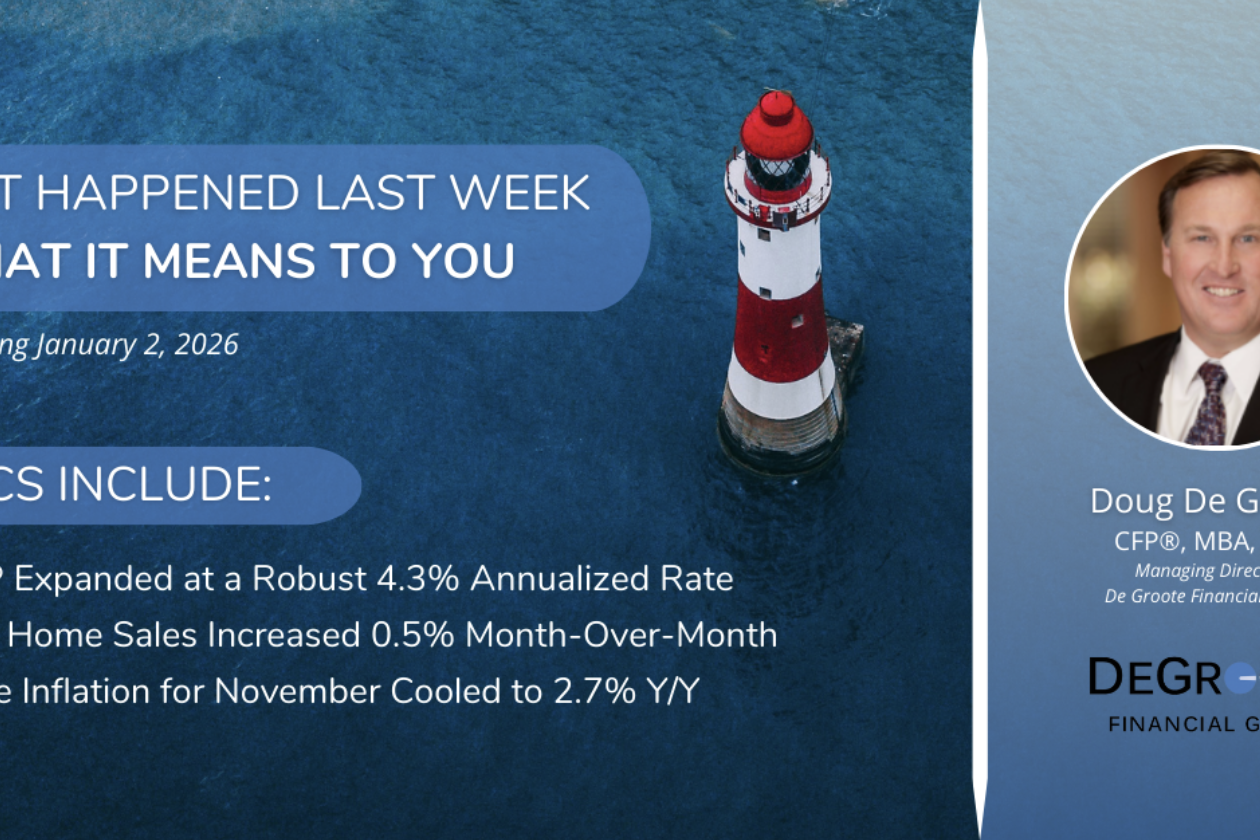Republicans in Congress passed President Donald Trump's package of tax cuts and spending policies known as the One Big Beautiful Bill Act (OBBBA), which the president is expected to sign into law on the Fourth of July.
The bill extends tax cuts originally enacted by the Tax Cuts and Jobs Act (TCJA) of 2017 set to expire this year, and some of them are extended permanently, such as lower tax rates and a higher standard deduction for taxpayers.
OBBBA also includes new forms of tax relief, including provisions to provide relief to workers earning tips and overtime, as well as to retirees, while also addressing tax issues for small businesses and those faced with making costly capital investments.
Given the breadth of the bill, businesses, workers, families and retirees will see changes to tax policies that affect them. Here's a look at five key policy areas the bill touches on.
WHAT'S IN THE 'BIG, BEAUTIFUL BILL' FOR AMERICAN WORKERS?
Federal income taxes
The One Big Beautiful Bill Act (OBBBA) makes permanent the lower tax brackets with revised income thresholds established by the TCJA.
OBBBA also makes the standard deduction, which was roughly doubled under the TCJA, permanent ahead of its scheduled expiration this year. The bill also increases the deduction by $750 for individuals, $1,500 for married couples, and $1,125 for a head of household, effective in the 2025 tax year. About 90% of federal taxpayers use the standard deduction rather than itemizing deductions.
Expensing capital and factory investments
OBBBA restores the immediate 100% expensing of capital investment that was temporarily permitted under the TCJA and applies it retroactively to investments made on or after Jan. 19, 2025, the day before President Trump's inauguration.




